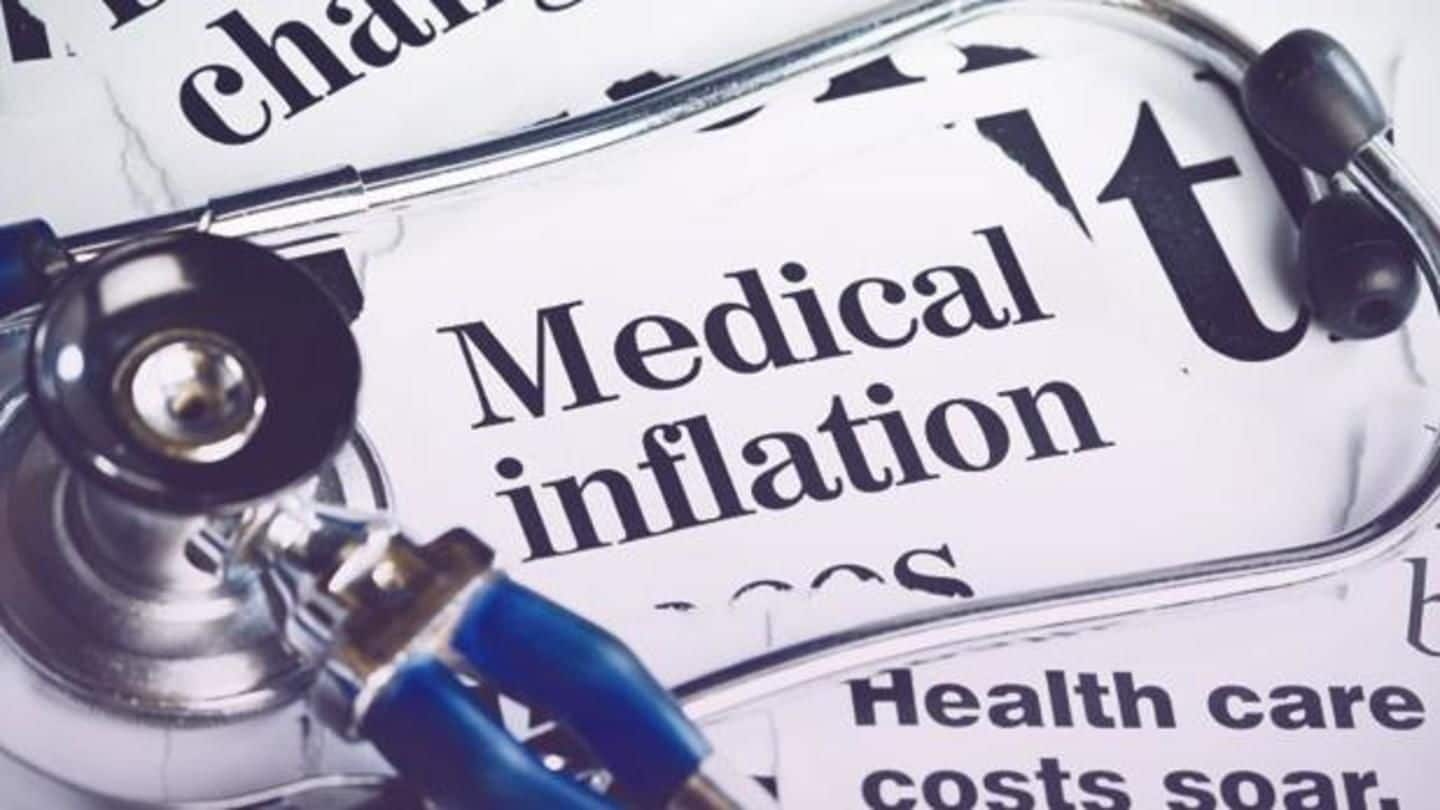
Know when a hospital is overcharging: Details here
What's the story
Even at a time when hospitals are under fire for rampant malpractices, you can get quality treatment without denting your pocket. All you need is preparedness and planning. Much like natural disasters, medical emergencies can't be predicted, but they can be managed, and damages mitigated. Here, we share a few hacks that will help you make informed, decisive choices in critical conditions.
Details
Have a preferred hospital
In emergency situations, patients have little control over the hospital they are taken to or the facilities provided, giving healthcare providers ample room to overcharge. Such "out-of-network" costs can be easily avoided. Identify hospitals near you known for fair practice. Visit them. Familiarize yourself with their staff, working. The next time someone has an accident or an attack, you'd know what to do.
Ask questions
Don't be bogged down by the bill
Hospitals, private ones especially, are good at camouflaging additional costs. Keep abreast with the pricing of the local government centres. It'll help you know if you are being overcharged and by how much. Also, always get a detailed breakdown of the bill. Try to chronicle hospital stays. Ask family members to do it too. It'll help you ascertain discrepancies in the bill later.
Government vs Private
Compare costs and then decide
Posh hospitals overcharge. But by how much? Up to 10 times for tests/scans, and three times as much for private rooms, reported Hindustan Times in August. At AIIMS, Delhi, an X-ray costs Rs. 30-300, depending on the need. Private labs/hospitals, however, charge between Rs. 300-1,000. A private room at AIIMS costs Rs. 2,000-3,500 a day. At a private hospital, the rate is Rs. 5,000-10,000.
Way forward
Get a medical insurance
Despite a steep hike in lifestyle diseases and hospitalization expenses, only 27% urban Indians have health insurance, reported an FICCI-KPMG study. Medical expenses are out-of-pocket for 62% Indians. The government's contribution to insurance is abysmal too - 32%. This is primarily because we still consider health insurance an unnecessary expense. You don't want to be thinking about paying bills while recovering. Get insured.
Technology
Use legit mobile apps, websites for ready reference
Smartphone apps and websites can assist you on demand. Red Cross's First Aid is a great app to help you tackle everyday mishaps such as accidents, asthma attacks and broken bones. WebMD will have you covered on everything, including medical news, information on diseases, drugs, costs, treatments and specific allergies. You can also refer to drugs.com and mayoclinic.org for a quick information boost anytime.